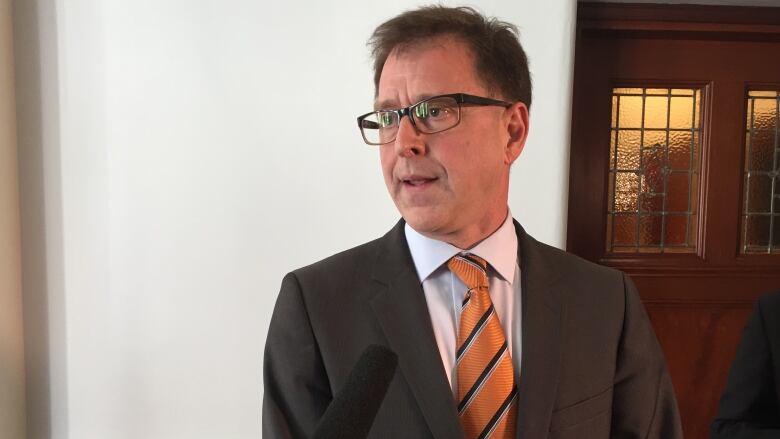B.C. removes prescription drug deductibles for low-income residents
Fair Pharmacare investment of $105 million over three years will help 240,000 B.C. households, says government

Health Minister Adrian Dix says British Columbia has taken a "long overdue step forward" to help lower-income households handle the cost of prescription drugs.
Dix says deductibles and other payments have been eliminated for 240,000 families, meaning they no longer have to choose between paying for their medical needs or affording basics, such as food or shelter.
It's a #HappyNewYear year for 240k #BC families who will benefit from our $105m investment to reduce/eliminate PharmaCare deductibles & co-payments for lower income households. These are the 1st changes in 15 years-BCs not waiting to take action #bchealth #bcpoli pic.twitter.com/05OLjds7aP
—@adriandixThe Health Ministry says a three-year, $105-million program that took effect Jan. 1 ensures a family with a net annual income of $30,000 or less no longer pays a deductible for prescription drugs.
Before, families with net earnings between $15,000 and $30,000 paid $300 to $600 in deductibles before receiving drug coverage assistance.
Revisions to the program also lower deductibles for households earning between $30,000 and $45,000, while certain payments were wiped out for low-income seniors and for B.C.'s poorest households making less than $14,000.
Previously, even a family earning just over $11,000 annually was required to spend $200 on prescriptions before Pharmacare would begin picking up the tab and Dix calls the change "one of the most significant things" he has achieved since becoming minister when the NDP came to power 18 months ago.
Details released by the Health Ministry say data has shown a link between low-income levels, deductibles and decreased drug spending, indicating that families will forgo filling prescriptions because of the cost.
The changes, the first to Fair Pharmacare since 2003, also demonstrate B.C. is engaged in the federal government's move toward a national pharmacare programbut isn't willing to wait for results, said Dix.
"I think in terms of the future of any national pharmacare program, this shows the kind of steps we need to take to make sure that, at a time when everything is becoming less affordable, that people don't have to make choices ... between their health and other basic services," he told a news conference in Vancouver.












_(720p).jpg)


 OFFICIAL HD MUSIC VIDEO.jpg)
.jpg)



























































































